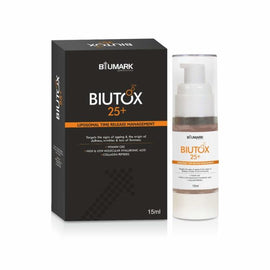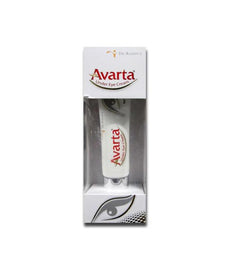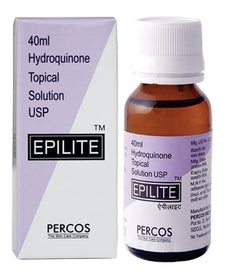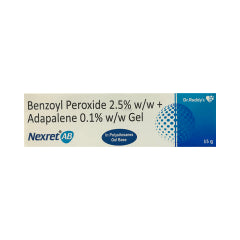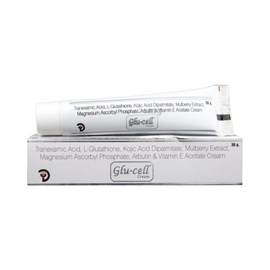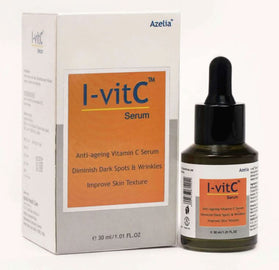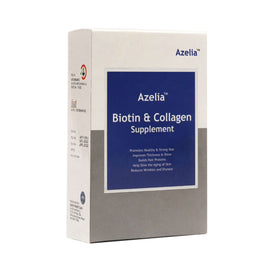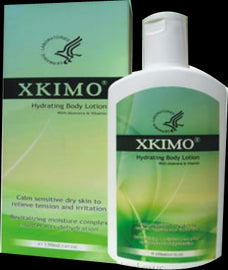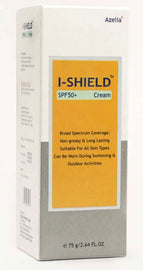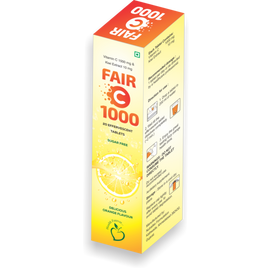Ventidox-M Tablet SR is a combination medicine used to treat and prevent asthma. It helps in relaxing the muscles of the air passages, thus widening it and making it easier to breathe. It also relieves allergic symptoms like runny nose, sneezing, throat irritation, watery eyes and congestion or stuffiness.
Ventidox-M Tablet SR is taken with or without food in a dose and duration as advised by the doctor. The dose you are given will depend on your condition and how you respond to the medicine. You should keep taking this medicine for as long as your doctor recommends. If you stop treatment too early your symptoms may come back and your condition may worsen. Let your healthcare team know about all other medications you are taking as some may affect, or be affected by this medicine.
The most common side effects are nausea, vomiting, stomach pain, headache, insomnia, irritability, increased heart rate, and flu-like symptoms. Most of these are temporary and usually resolve with time. Contact your doctor straight away if you are at all concerned about any of these side effects. It may cause sleepiness and dizziness, so do not drive or do anything that requires mental focus until you know how this medicine affects you. Avoid drinking alcohol while taking this medicine as it can worsen your sleepiness.
Before taking it, you should tell your doctor if you have any kidney or liver diseases so that your doctor can prescribe a suitable dose for you. You should also tell your doctor if you are pregnant, planning pregnancy or breastfeeding.
USES OF VENTIDOX-M TABLET SR
Asthma
SIDE EFFECTS OF VENTIDOX-M TABLET SR
Common
Nausea
Vomiting
Stomach pain/epigastric pain
Headache
Insomnia (difficulty in sleeping)
Irritation
Increased heart rate
Flu-like symptoms
HOW TO COPE WITH SIDE EFFECTS?
The occurrence of side effects varies from person to person. The following are a few ways of dealing with some of the common side effects. However, consult your doctor if these persist.
Coping with Nausea
You can help yourself by eating small, frequent meals rather than large ones and drinking plenty of fluids. Eat slowly. Avoid fatty, fried, spicy and very sweet foods. Eat cold or slightly warm food if the smell of cooked or cooking food makes you feel sick. Get plenty of fresh air. You could also try chewing ginger or drinking ginger tea. Eat bananas to replace potassium in your blood which can drop if you are sick (vomit). Use oral rehydration salts to replace vitamins and minerals lost through being sick. There are some medicines that can help you stop from feeling sick. Speak to your doctor if your condition does not improve.
Coping with Vomiting
You can help yourself by eating small, frequent meals rather than large ones and drinking plenty of fluids. Eat slowly. Avoid fatty, fried, spicy and very sweet foods. Eat cold or slightly warm food if the smell of cooked or cooking food makes you feel sick. Get plenty of fresh air. You could also try chewing ginger or drinking ginger tea. Eat bananas to replace potassium in your blood which can drop if you are sick (vomit). Use oral rehydration salts to replace vitamins and minerals lost through being sick. There are some medicines that can help you stop feeling sick. Speak to your doctor if your condition does not improve.
Coping with Stomach pain/epigastric pain
Try?to get plenty of rest and relax. Putting?a?heat pad or covered hot?water bottle on your?stomach?may relieve the stomach pain. It may help if you eat and drink slowly and have smaller and more frequent meals. Reduce your intake of coffee, tea and alcohol as these can make the pain worse. If you are in a lot?of pain, speak?to your doctor about possible medication. Your doctor may be able to prescribe some over-the-counter medicines to help reduce the pain.
Coping with Headache
Make sure you rest and drink plenty of fluids. Rest in a quiet, dimly lit room. Do not sleep more than you normally would. Do not strain your eyes (for example by looking at a screen). Do not drink alcohol. Headaches are usually temporary and usually go away with time. But, if they last longer or get worse, ask your doctor to recommend a painkiller.
Coping with Irritation
If you feel this medicine is causing mood or behavior changes, speak to your doctor as you may need a change of medicine. There are also some things you can do yourself. Eat well, do relaxation or deep breathing exercises and practice regular exercise that you enjoy, such as walking, swimming or yoga. Try to avoid caffeine, alcohol and sugar as these can all cause mood swings or make them worse. A good night’s sleep can also help. It often helps to talk to a friend or family member even if you find this difficult. If it bothers you, consult with your doctor.
Coping with Increased heart rate
Breathe in slowly through your nostrils and then breathe out through your mouth. Repeat this until you feel calm. Try sitting cross-legged and drink plenty of water. Splash cold water or apply a cold towel or ice pack on your face for 20-30 seconds. It is important to make sure that you are not taking more than the prescribed dose. As a preventive measure, you should limit the amount of alcohol you drink and give up smoking. Also, cut down the amount of coffee, tea or cola you drink. In general, being physically active and eating a healthy well-balanced diet is good advice for any heart condition. If the condition does not improve, consult your doctor as they may need to change you to a different type of medicine.
Coping with Flu-like symptoms
Get plenty of rest as exhausting or stressing out yourself could aggravate your condition. You should drink plenty of fluids as it will keep your throat moist and comfortable. Try taking steam inhalation. The moisture can ease your breathing and loosen mucus. You can consider sipping warm water or tea with honey and lemon. This will keep your nose and throat from being too dry. Using an air humidifier may also help. You can also gargle with salt water several times a day. See your doctor if your symptoms last longer than 3 weeks or get worse quickly. Avoid alcohol and do not smoke as they can aggravate your conditions.
HOW TO USE VENTIDOX-M TABLET SR
Take this medicine in the dose and duration as advised by your doctor. Swallow it as a whole. Do not chew, crush or break it. Ventidox-M Tablet SR may be taken with or without food, but it is better to take it at a fixed time.
Avoid Ventidox-M Tablet SR with caffeine and chocolate as well as food containing caffeine and chocolate such as tea leaves, cocoa beans.
HOW VENTIDOX-M TABLET SR WORKS
Ventidox-M Tablet SR is a combination of two medicines: Doxofylline and montelukast. Doxofylline is a bronchodilator. It works by relaxing the muscles in the airways and widens airways. Montelukast is a leukotriene antagonist which blocks the action of leukotriene, a chemical messenger. This reduces inflammation (swelling) in the airways to prevent asthma and relieve symptoms of allergies.
SAFETY ADVICE
warnings
Alcohol
CAUTION
Caution is advised when consuming alcohol with Ventidox-M Tablet SR. Please consult your doctor.
warnings
Pregnancy
CONSULT YOUR DOCTOR
Information regarding the use of Ventidox-M Tablet SR during pregnancy is unavailable. Please consult your doctor.
warnings
Breastfeeding
SAFE IF PRESCRIBED
Ventidox-M Tablet SR is probably safe to use during breastfeeding. Limited human data suggests that the drug does not represent any significant risk to the baby.
warnings
Driving
UNSAFE
Ventidox-M Tablet SR may decrease alertness, affect your vision or make you feel sleepy and dizzy. Do not drive if these symptoms occur.
warnings
Kidney
CONSULT YOUR DOCTOR
There is limited information available on the use of Ventidox-M Tablet SR in patients with kidney disease. Please consult your doctor.
warnings
Liver
CAUTION
Ventidox-M Tablet SR should be used with caution in patients with severe liver disease. Dose adjustment of Ventidox-M Tablet SR may be needed. Please consult your doctor.
Limited information is available on the use of Ventidox-M Tablet SR in these patients. No dose adjustment is recommended in patients with mild to moderate liver disease.








